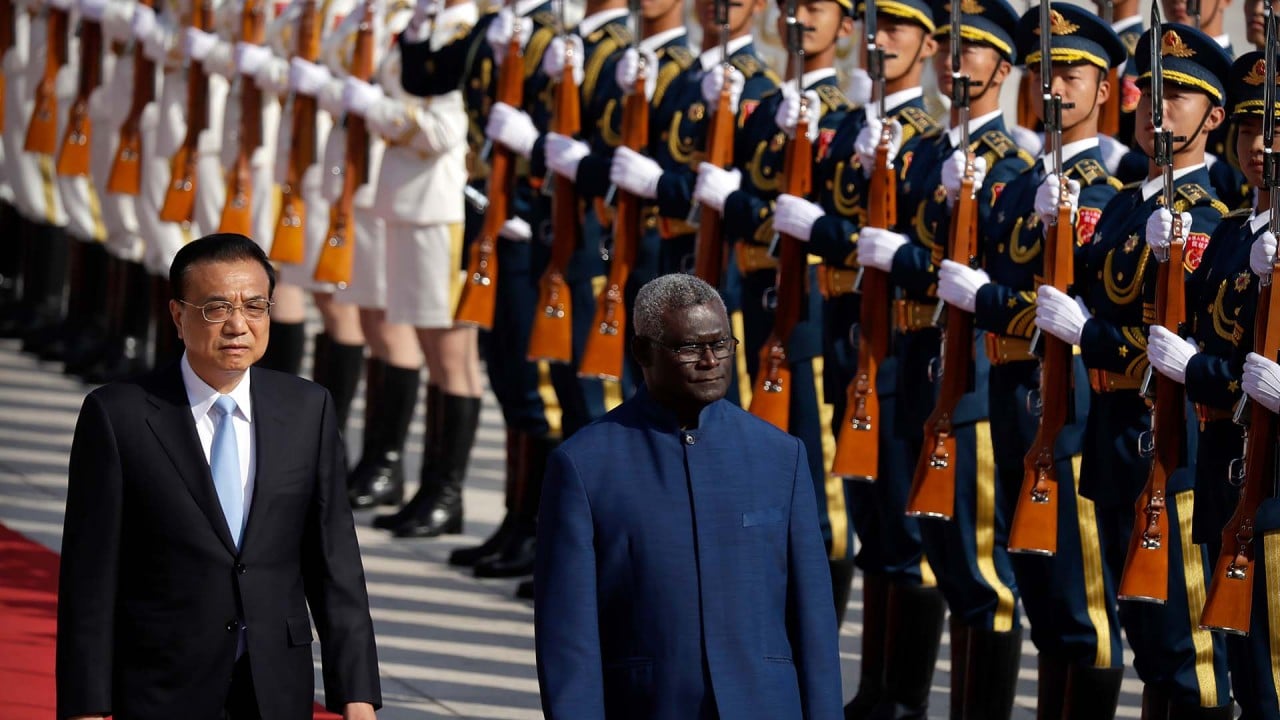
Australia-Papua New Guinea deal is not just about China
- The security agreement signed by Canberra and Port Moresby has triggered commentary that it was a reaction to China’s rise
- If China fears have sparked this stepped-up security cooperation between two neighbours, those fears have had a net positive effect
To be sure, Australia has been slow to formally extend such a security partnership to its former colony, and perhaps China’s rise has roused it from its slumber, but cooperation between these two neighbours is simply good sense.
Papua New Guinea (PNG) is the big one. It may be among the poorest nations in the world, but it is the largest Pacific island country, resource-rich and strategically important to Australia. Its population is growing rapidly, and may surpass Australia’s by mid-century.

Arguably the most important element of the new Australia-PNG framework, however, is for Australia to assist its neighbour in improving internal law and order. This was way overdue.
Rampant crime and local conflicts have for too long inflicted high costs on communities. While PNG’s internal security challenges are no doubt partly a result of the deep inequalities from the development process, they are also a brake on development.
Fear of crime deters tourists from visiting the country, despite its unique cultural attractions and spectacular scenery. Local violence is a high risk for investors, whether in mining, agriculture or other opportunities.
Although embedding around 50 Australian police officers in PNG is understandably controversial, the new agreement cleverly puts these Australian police in management roles but under PNG control. It is a step towards the PNG government’s ambitious plan to grow the police force from 6,000 to 26,000.
There is ample good sense in Australia and PNG also cooperating on regional security. It is in the interests of both countries that the Pacific region remains free of geopolitical rivalry, and close cooperation between them should be a stabilising factor.
It would make sense for Australia to step up training and rotations with the PNG defence force, to bolster joint defences. Any expenditure on security cooperation can also be designed to maximise economic benefits to the developing PNG economy as a welcome side effect.
It is about time Australia made PNG a priority partner instead of simply an aid beneficiary. Australian Prime Minister Anthony Albanese, in making the agreement, said, “For our interests going forward, we have no closer friends than Papua New Guinea”.
Meanwhile, we can expect PNG to continue to pursue its national philosophy of “friends to all, enemies to none”. That will include benefiting from its economic relationship with China.
David Morris is a former Australian and multilateral diplomat


